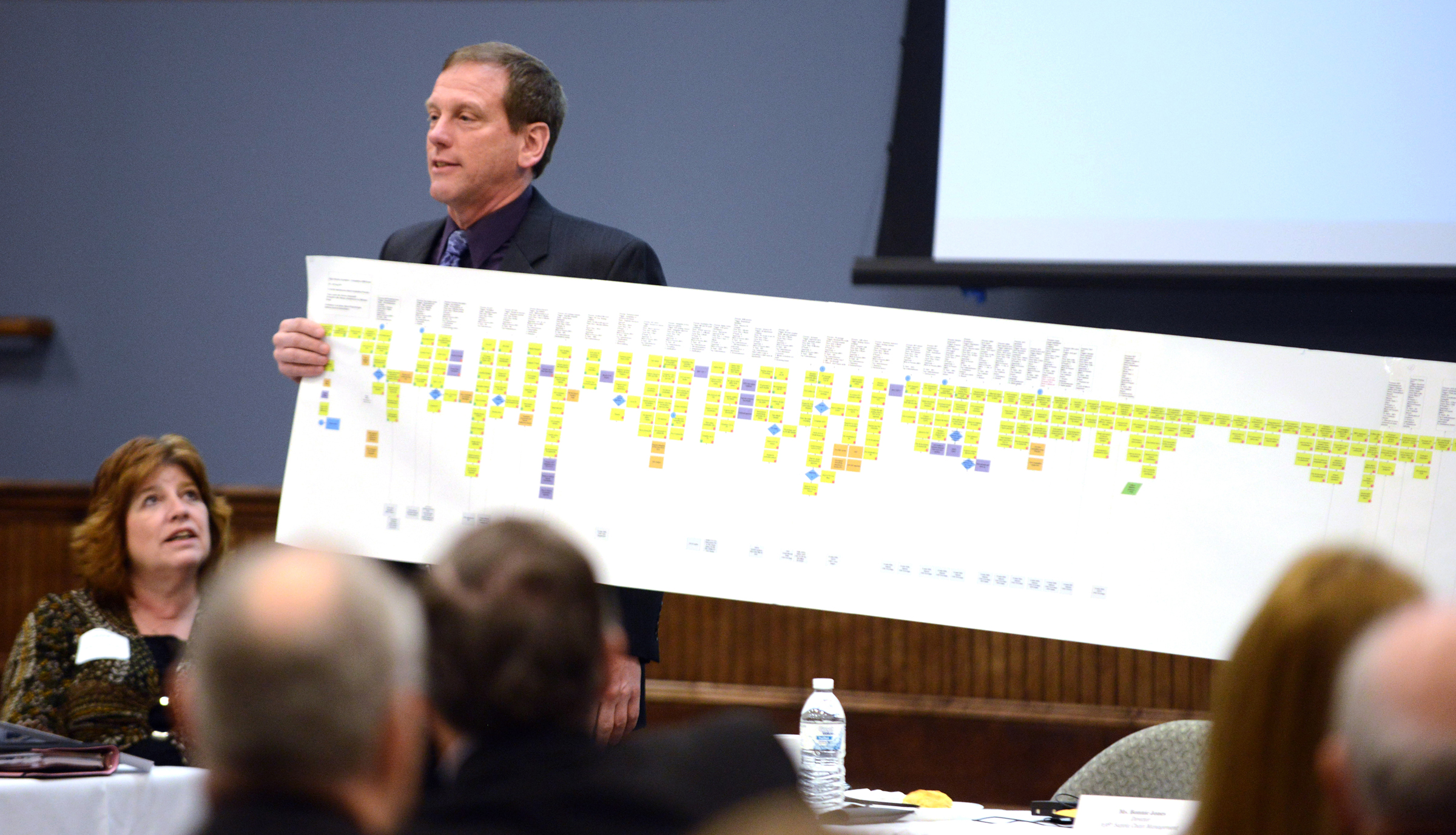With the millions of data entries that EZGovOpps offers, both new and seasoned Federal contractors alike may find some difficulty in understanding the many different contract action types that are implemented by the Federal government. Our analysts have put together a comprehensive guide on the contract action types listed in Federal records, and the benefits of each for the contractor involved. Some of these may be more relevant to technology-related contracts like the Governmentwide Acquisition Contracts (GWACs) we described earlier, while others could involve Blanket Purchase Agreements (BPAs) like those proposed by NGA.
To begin, let’s describe the earlier-mentioned BPA. According to the GSA, a BPA is a “simplified method of filling anticipated repetitive needs for services and products.” More specifically, a BPA will be established between an ordering office and a company which is listed on a GSA Schedule, such as IT Schedule 70, for a broad class of supplies or services but without a known quantity needed. EZGovOpps has covered a number of the Schedule 70 expansions and the opportunities they can provide to companies, as well as GSA efforts like the Making it Easier program to assist interested companies in getting listed the schedule. With this “charge account,” the Agency will have the ability to procure goods and services without having to continually process purchase orders (which we will cover later).
After the BPA action, BPA contract holders will then be presented with a BPA Call. The BPA Call acts as the actual order for goods and services against the established Blanket Purchase Agreement.
A Purchase Order (PO) acts as a relatively simple, one-off transaction. An ordering agency will submit a requisition, which will include the specific funding obligated for the purchase, the goods/services expected and the levels of expected quality, as well as other terms and conditions specified. Once the PO is accepted by the supplier, the PO is now the contract for the requisition. This could be advantageous for a supplier as a simple, quick contract for goods and services with a fast turn-around, but it does not guarantee any further contracting activity for a business once it ends.

Tony Baumann describes the contracting process at Robins Air Force Base (via DOD).
An Indefinite Delivery-Indefinite Quantity (IDIQ), is a traditionally lucrative contracting opportunity which provides for an indefinite quantity of services for a fixed period of time, through a base Period of Performance and possible option periods for extension. This is used when a quantity of goods or services needed cannot not been determined (beyond a maximum or minimum), or all of the requirements have not yet been determined. The IDIQ will include a maximum dollar amount or item limit for the contract, as well as the scope of work required, and the method of issuing orders.
A Task Order is, according to the FAR, “contract for services that does not procure or specify a firm quantity of services (other than a minimum or maximum quantity) and that provides for the issuance of orders for the performance of tasks during the period of the contract.” A Delivery Order is the same structure, but for ordering supplies from a contractor. These can be applied individually under the above-mentioned IDIQ, which will then allow for the orders of supplies or services. Importantly, these contracts limit the purchasing agencies’ purchasing obligation only to the minimum quantity specified. This means that a company with such an award will receive a minimum dollar amount for the contract, but it may be possible that they do not receive more orders under that contract.
A Definitive Contract Action is a legally binding obligation between a buyer and seller for services/supplies. It includes any written commitment that obligates the Government to spend appropriated funds, such as letter contracts, contract awards, contract modifications, purchase orders, and job orders issued under a Basic Ordering Agreement (something we covered here).
Other Contract Action Types
With many of the main contract action types out of the way, let’s move on to some more specialized actions. A Cooperative Agreement, as defined under US Code 31 U.S. Code § 6305, is an agreement where the goal is “to carry out a public purpose of support or stimulation authorized by a law of the United States” to a State or local recipient, and where substantial involvement by the Federal agency is anticipated. Intra-governmental Transactions (IGTs) are, as the title suggests, reserved for buying and selling between Federal agencies.
For specialized research, a Federal agency may award a Grant for Research, which allows for research without the stipulations or repayment of a loan. Training Grants can be awarded for education and research, but with very specific goals depending on the agency. For research at the Department of Homeland Security (DHS), procurement authority exists for the creation of Other Transaction Indefinite Delivery Vehicles (IDVs) and Other Transaction Agreements, transactions which can take a number of forms (which are not procurement contracts, grants, or cooperative agreements), that allow for the research, development, and deployment of homeland security technologies.
At the National Aeronautics and Space Administration (NASA), Funded Space Act Agreements provide a legal instrument which allows for the agency to partner with members of public and private sectors for access to technologies and capabilities which are out of NASA’s competencies, but needed for the fulfillment of its mandate. Like the DHS transactions, this falls out of the scope of procurement contracts, grants, and cooperative agreements.
Interested in learning how to put all of this information together for a complete picture of Federal market trends, forecasts, and business development focus? Sign up for a free trial with EZGovOpps. As the premiere market intelligence platform, EZGovOpps can provide the information needed to follow procurement trends, produce personalized opportunity forecasts, and provide custom analyst-updates for a complete understanding of the Federal contracting market today.
Don’t forget to view our full GovCon News section for more intel.


